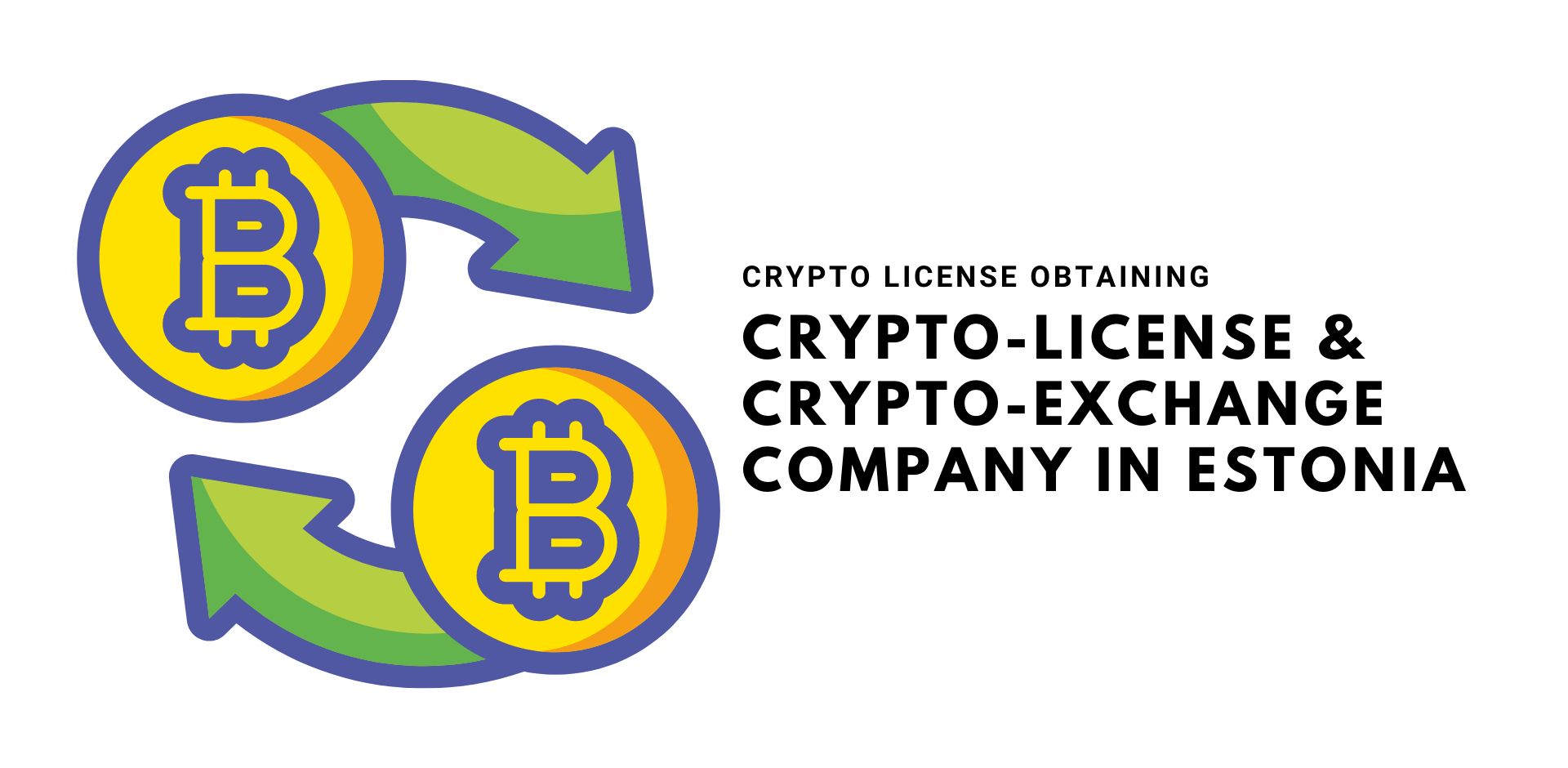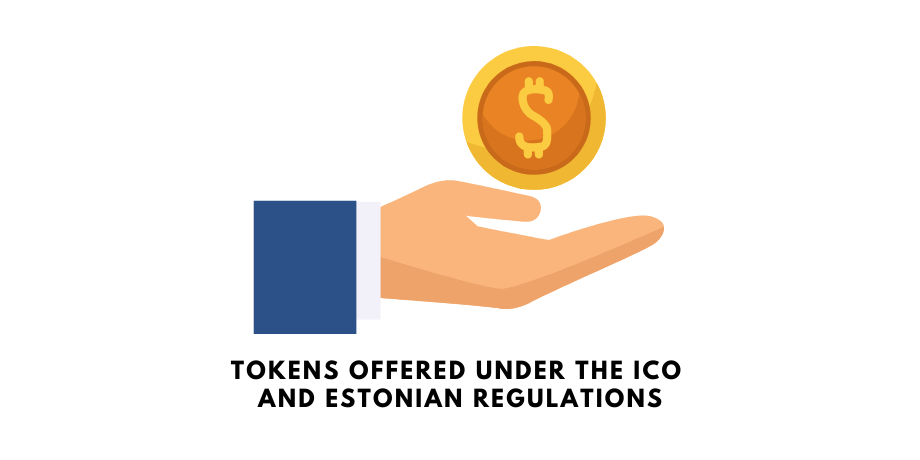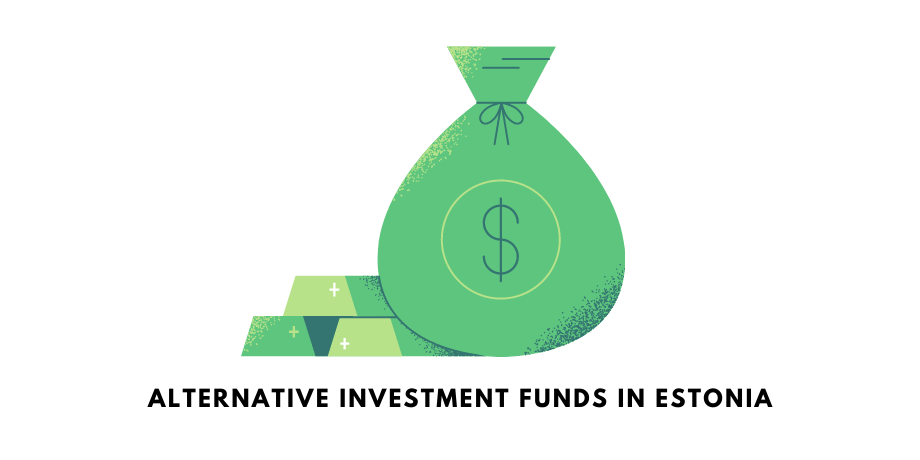Crypto-assets: A Taxonomy
Key to the definition of the appropriate legal treatment of blockchain-based tokens is identifying the legal categories to which tokens can be assigned based on their specific functions. In this article we will review three main categories: Payment tokens, Investment tokens, Usage tokens.

Key to the definition of the appropriate legal treatment of blockchain-based tokens is identifying the legal categories to which tokens can be assigned based on their specific functions. Because blockchain-based digital assets can be created for different purposes and serve a variety of functions, they can potentially be assigned to multiple legal categories in the European Union and all over the world.
In the absence of an agreed, comprehensive taxonomy of crypto-assets, European tax authorities follow a widely accepted classification that divides tokens into three main classes based on the different functions tokens can perform:
- Payment Tokens;
- Investment Tokens;
- Usage Tokens.
Payment tokens
Payment tokens are intended to be used as a means of payment for goods or services outside of the platform on which they are issued. In practice, however, the suitability of cryptocurrencies as a medium of exchange is often hampered by high price volatility and/or by the "fees" that users must pay for miners to validate transactions. Although they generally confer no other associated rights, cryptocurrencies such as Bitcoin and Litecoin, which are designed as mediums of exchange, can generate profits through price increases and can be acquired for investment purposes.

Investment tokens
Investment tokens are considered in some ways the equivalent of stocks, bonds, or shares in collective investment vehicles, as they promise investors future financial benefits and/or rights related to the project to which they are attached. Typically, investment tokens - in exchange for dollars/euros or other crypto-assets - are issued in ICOs to raise seed capital for projects. Investors expect a financial benefit from the increase in the market price of the token/share, but may also be promised the distribution of future company profits (similar to the distribution of dividends) and/or voting rights.

Usage (Utility) tokens
Finally, tokens can be issued to grant users access to a platform, use of a service, or the right to purchase a product. These are so-called utility tokens, an example of which is Filecoin. As part of a decentralized storage network, Filecoin tokens act as a reward for users who provide storage to the network and can be issued to store and retrieve data on the network.
The flexible design of digital assets means that they can combine these functions. For example, tokens distributed for utility purposes may also include an investment component. Different functions may coexist in the same token at the same time or at different stages of the token lifecycle, adding a temporal dimension to the problem of legal classification of tokens.

The hybrid nature of many crypto-assets leads to definitional confusion and makes it difficult to identify the correct legal tools. Ultimately, to determine the legal treatment of a token, a "substance-before-form" approach must be taken, looking at its actual functions under particular circumstances and at particular points in time.
Contact Us and Apply for a Crypto License in Estonia or Establish a Crypto Fund
Specialists from AlphaLAW will be happy to help you obtaining a cryptocurrency license in Estonia. Our assistance includes the preparation of the list of required documents, help in developing company procedural rules, translation of documents into Estonian/English and support throughout the whole licensing process.
In case you have any questions or are interested in obtaining an Estonian license to exchange cryptocurrencies and other virtual assets for a fiat currency (crypto license in Estonia), please contact us through the following communication channels.





